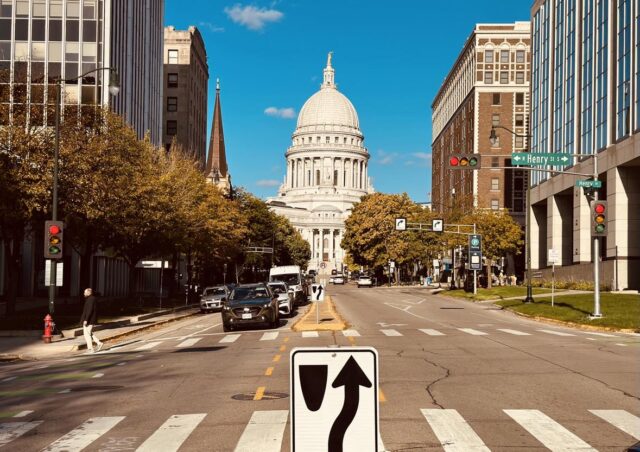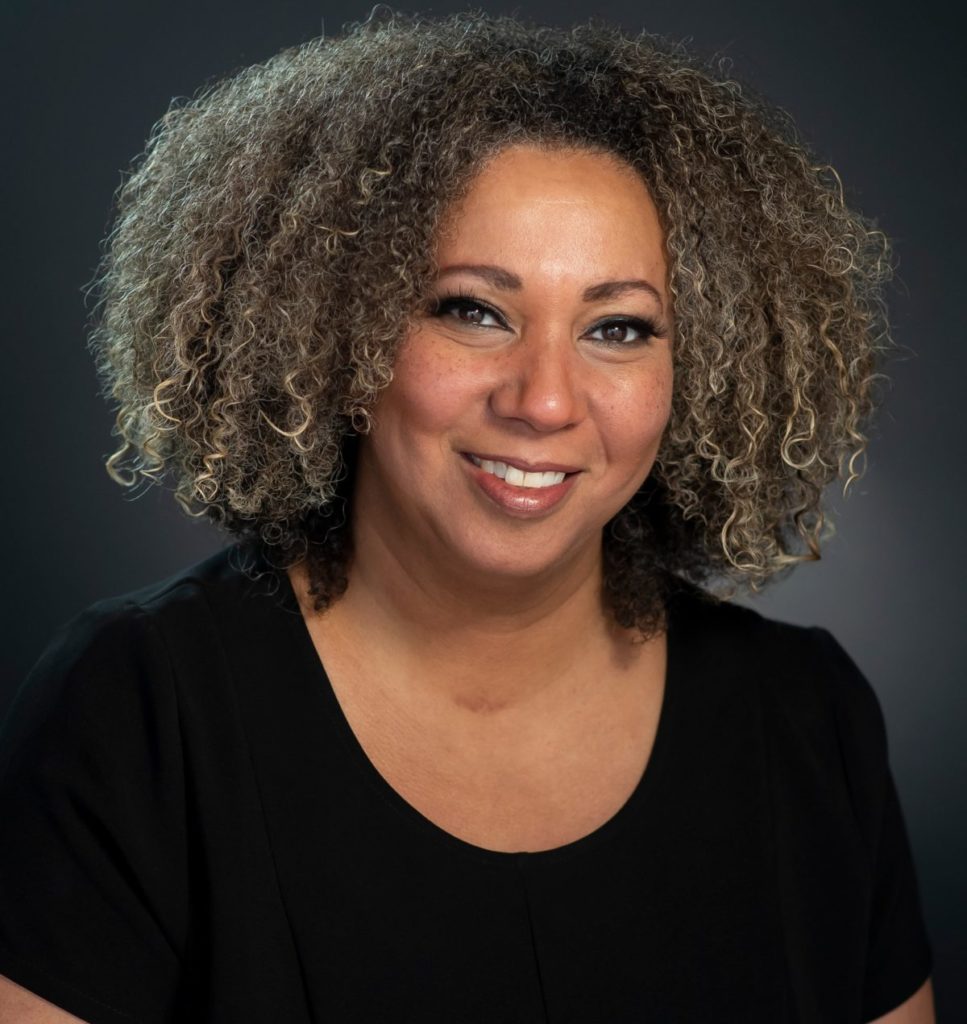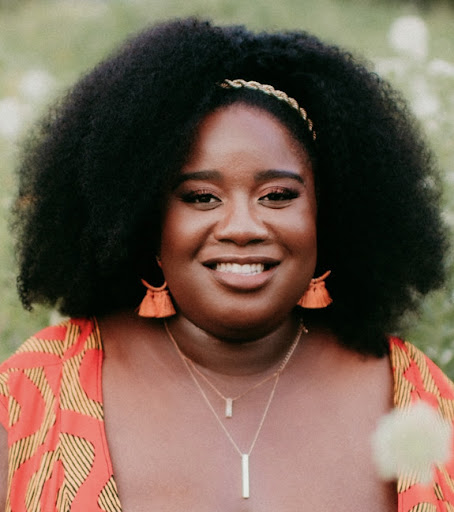
For many queer communities, especially communities of color, the term ‘sanctuary’ has many definitions and requires action for the health, safety, and overall well-being of their identities. A queer Madison resident and UW-Madison employee of color, who requested to remain anonymous for this story (we are using the pseudonym “Terry” for the sake of this article), says, “We are often not made the priority, in that our issues are seen as obstacles to their view of the world,” they tell Madison365.
Sanctuary, Terry adds, means “a place where I don’t have to feel like I’m reliant upon checking the news to see if it’s OK to be me.”
This past June, Dane County was named a sanctuary for transgender and non-binary communities after a 25-1 approval resolution (three supervisors abstained) by the Dane County Board. It was a protective measure against future laws and policies that could impede on the rights of LGBTQIA+ communities. With that resolution, they became the first county in the country to do so.
Soon after, the Madison Common Council passed a resolution to make the city a sanctuary for trans and nonbinary residents. Other places around the country have taken steps to provide protections under similar LGBTQ sanctuary resolutions including Kansas City, Missouri; Austin, Texas; Harris County, Texas; as well as California, Minnesota and Washington which have declared themselves sanctuary states for gender-affirming care, as have the cities of Chicago, Milwaukee, Minneapolis and West Hollywood.
This Dane County sanctuary resolution was introduced by County Board Supervisor Rick Rose (District 16) with supportive leaders such as Dane County Board Supervisor Dana Pellebon (District 33), who is also the executive director of the RCC Sexual Violence Resource Center (formerly known as the Rape Crisis Center) and was previously on the board for OutReach LGBTQ+ Community Center and Freedom, Inc., advocating for the passage of the bill.

“All I wanted to do was draw a circle of protection around those family units that were dealing, with mostly teens, with gendered experiences,” Rose tells Madison365.
For queer youth, access to reproductive health resources such as hormones, therapy, and puberty blockers in collaboration with access to inclusive education on sexual orientation and gender identity drastically affects their quality of life. “This is an issue of equality and equity,” Rose says. “For years, trans folks did not have equal protection and equal rights. I’m not saying that doing the sanctuary made it any easier or better, but at least it’s making a statement that we are going to be doing everything we can to commit to it.”
Pellebon shared similar interests in supporting this bill, telling Madison365, “One of the things that has been very important to me has been LGBTQ protections, especially with the allowance of the erosion of rights and protections [which] have been deeply concerning for all of us.”

Both Rose and Pellebon emphasize how this resolution declares a priority of care that centers on the safety and existence of QTI identities through gender-affirmative care. This point is further explored in the Dane County resolution which “indicates that if the State of Wisconsin passes a law that imposes criminal or civil punishments, fines, or professional sanctions on any person or organization that seeks to provide, receives or helps to receive gender-affirming care such as puberty blockers, hormones or surgery, the Dane County Board of Supervisors urges the Sheriff to make enforcement their lowest priority”.
While the Dane County Board seeks to “urge” the Dane County Sheriff to make law enforcement the lowest priority, community organizations and partners that provide gender-affirmative care are integral to building and advocating for queer-centered spaces that often challenge law enforcement practices and anti-queer policy. Many community organization leaders provide advocacy, direct services, and education, as well as support and mutual aid networks for QTI people navigating the world around them.
Zon Moua, the Queer Justice Director for Freedom, Inc., is a long-time Madison resident and has been an active leader in advocating for gender-affirming spaces, policies, and resources. Her leadership is rooted in personal childhood experiences that reinforce the significance of developing early education practices around effective health care for queer youth.
“I was like most people, very angry at the world and had many questions around why people weren’t getting their basic needs just to be able to survive or enjoy life,” Moua tells Madison365. “Freedom, Inc. was the outlet to let me be angry and ask those questions.”

(Photo supplied.)
As the director of Queer, Transgender, and Intersex programming and leadership at Freedom, Inc., answering and redeveloping those questions have been integral to the foundation of her programs. Moua asks herself, and her team, “How are we shifting the hearts and minds of our communities?”
”We don’t belong to just one community, all of us belong to our immediate communities, extended families, the churches or temples, schools, even existing in the US government and laws. How are we using stories and elevating those most impacted?”
For Moua, and the majority of queer populations of color, access to culturally specific care was not a priority and is often an afterthought regardless of state ordinances and mandates. “It’s important to have culturally specific programming spaces where QTI, Black, and Southeast Asian folks can be themselves and not feel like they constantly have to fight for space and constantly have to choose between being a person of color or being queer,” Moua says.
Moua goes on to say that the term sanctuary “means to be safe where you are at and you’re going to be protected, by all means, to be your full authentic self, to be able to have a strong system of support … not just being physically protected but being emotionally, spiritually, and mentally protected, as well.”
The announcement of this Sanctuary Resolution is also situated in a politically, socially, and economically sensitive period with circulating policies such as the ‘Parents Rights in Education’ Bill, otherwise known as the “Don’t Say Gay” Bill, which restricts educational instruction on sexual orientation and gender identity in a way that is deemed inappropriate of a child’s age. It was recently signed into Florida state law. In reflecting on the potential harms of similar anti-queer policies, Pellebon says, “We also know that, especially Black trans women, they are the least protected in 17 million different spaces. And so my focus when I look at policies across the board [is] how do I lift up those that are most impacted? Because if I am lifting up those most impacted then I am lifting up everybody else.”

While the majority of the discourse is centering on the limitations of QTI gender affirmative curriculum; the “Don’t Say Gay’ bill also restricts education on heteronormative gender and sexual identities as well as access to reproductive health education such as menstrual cycles, puberty, pregnancy, HIV/STD/STIs, abortion, infertility, PCOS/endometriosis, amongst a plethora of other health concerns that may be seen as “inappropriate” for youth, who may face to state and federal laws, rather than mandates or ordinances, that blur the visibility of trans identities in social and political spaces.
Assembly Bill proposals 377, 378, and 465 in current Wisconsin legislation seek to impede access to gender-affirming services and activities for non-binary and transgender communities. Community organizations such as Freedom, Inc. are actively condemning the state for their role in perpetuating institutionalized violence on Madison residents. As a feminist organization, Freedom, Inc. seeks to mobilize queer communities that feel excluded from political processes. Freedom, Inc. Co-executive Director Mahnker Dahnweih builds on the significance of gender-affirming resources being linked with politics in upcoming local and national elections.
“We see that our democracy isn’t functioning for those that need it to be functioning the most. You all want us to come out and vote and participate every year, but when it comes time to actually being accountable and responsive to what we need, it’s not there,” Dahnweih says.
Due to the presence and threat of anti-queer policies, variables such as access to housing, financial security and equity, health care, education, and social perception all become restricted. For queer communities of color, these barriers to access resources have implications that affect all areas of life. Terry, the queer Madison resident and UW-Madison employee of color, shares with Madison365, “I had issues before coming here with regard to almost being homeless and finding work in an already difficult employment environment, like during the pandemic. I don’t know if I can go to school anymore because I can’t afford to live here, and I know I’m not alone in this situation.”
Months after the historic resolutions declaring Madison and Dane County as sanctuary cities for transgender and nonbinary individuals, Terry says they realize the resolutions are largely symbolic and is not optimistic about ensuring protections, especially based on the high number of anti-queer and anti-trans people and policies in the state and country.
“My immediate reaction was how strangely alienating it felt to read through the responses [to the resolution],” Terry says. “It also felt like more laziness and throwing around the word ‘sanctuary’ without actually knowing what it means. It doesn’t mean that the Dane County Sheriff can’t reject or block that decision … there can be a trans sanctuary without protective laws.
“It feels like it’s great for people to hear my opinions about the issues within the LGBTQ scene here and how white it is and how exclusive; but they just want to hear that and move on,” Terry adds. “They want to show that they hear you but not actually do anything about it. There’s a strange tightrope you walk as somebody who is ‘othered’ in the ‘other’ community; they only want you for certain occasions.”
For more information on the trans and non-binary sanctuary resolution visit the County of Dane website.



























